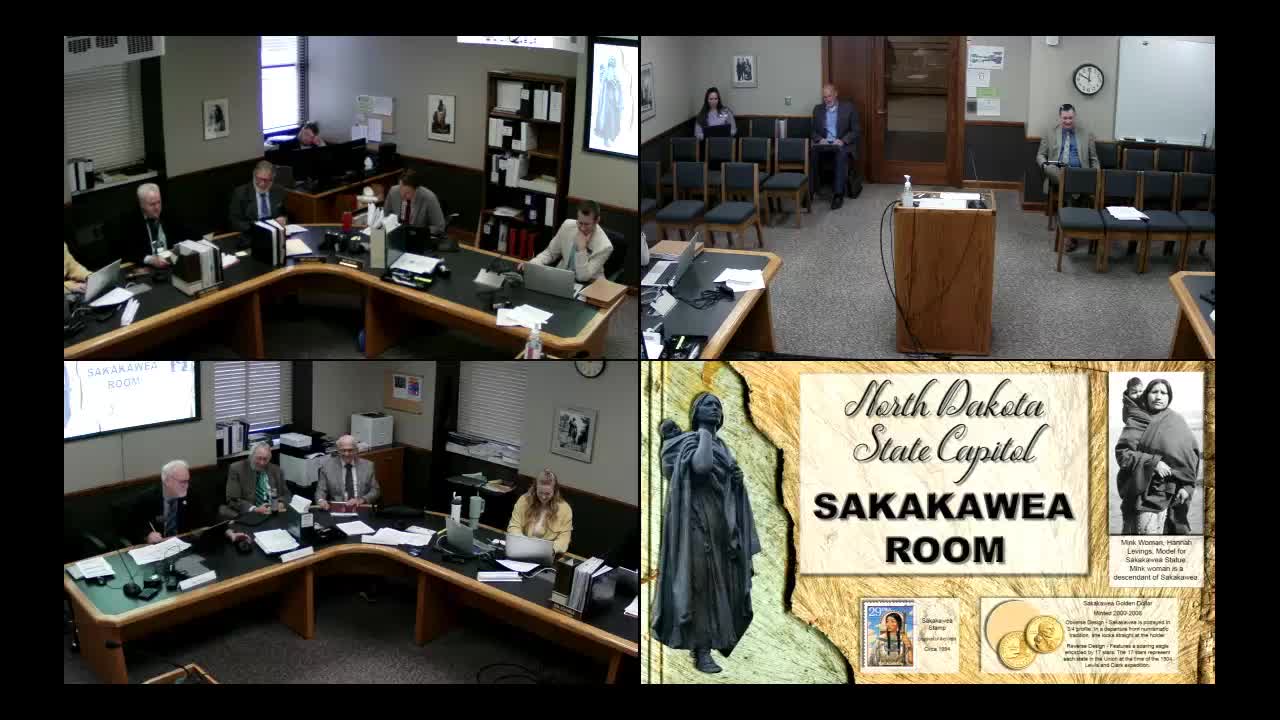Conference committee backs $6 million for new and expanding CTE programs; approves related funding shifts
Get AI-powered insights, summaries, and transcripts
Subscribe
Summary
A bipartisan conference committee approved an amended funding agreement for career and technical education programs that sets $6,000,000 for new and expanding secondary CTE programs, adds $500,000 for school work-based learning coordinators and $300,000 for moving expenses, and moves virtual-reality career-exploration funding to SIFT.
A bipartisan conference committee approved an amended funding agreement for career and technical education programs that sets $6,000,000 for new and expanding secondary career and technical education (CTE) programs, adds $500,000 for school work-based learning coordinators and $300,000 for moving expenses, and moves existing virtual-reality career-exploration funding from the general fund to SIFT.
The committee said the $6 million figure is a compromise between the chambers: the Senate had offered $5,500,000 and the House $8,000,000. Committee members also agreed to retain an emergency clause and to include an exemption allowing the department to carry over any unspent funding for career academies from the Coronavirus Capital Projects Fund.
The changes were described as budget and scope compromises intended to expand CTE while recognizing fiscal constraints. Committee members discussed coordination among regional CTE centers and school districts and the potential for satellite programs or shared administration to stretch resources across multiple programs. Members noted high graduation rates among students in CTE programs compared with state averages and said that influenced the decision to prioritize expansion within the available funding.
The committee voted to accept the conference agreement and then voted to move the amended bill. The roll-call votes recorded unanimous affirmative responses from the committee members present: Chairman Shibley, Senator Connolly, Senator Meyer, Representative Richter, Representative Sanford and Representative Martinson. The motions were seconded and carried on recorded voice roll calls.
Under the final language the virtual-reality career-exploration line item remains at its previously agreed dollar amount but its appropriation source was shifted to SIFT; the transcript notes no change in the amount for that item. The committee also discussed language describing funding “up to” amounts; members agreed that staff and the budget section retain authority to request additional appropriations if unforeseen technology or wiring costs arise.
The committee recorded the procedural steps to finalize the amendment: members agreed to the amended Chambers amendment, the clerk took the roll for the conference committee report, and the committee then moved the amended bill.
Votes at a glance: the committee recorded affirmative roll-call votes for the conference agreement and for moving the amended bill; no nay votes or abstentions were recorded in the transcript excerpt.
The agreement directs funding to multiple CTE priorities but does not specify district-level allocations or implementation timetables in the excerpt. The department and affected school districts will be responsible for program implementation and any carryover execution as allowed under the Coronavirus Capital Projects Fund exemption.
Committee members ended the meeting saying no further conference meetings were expected to be necessary for this amendment.
